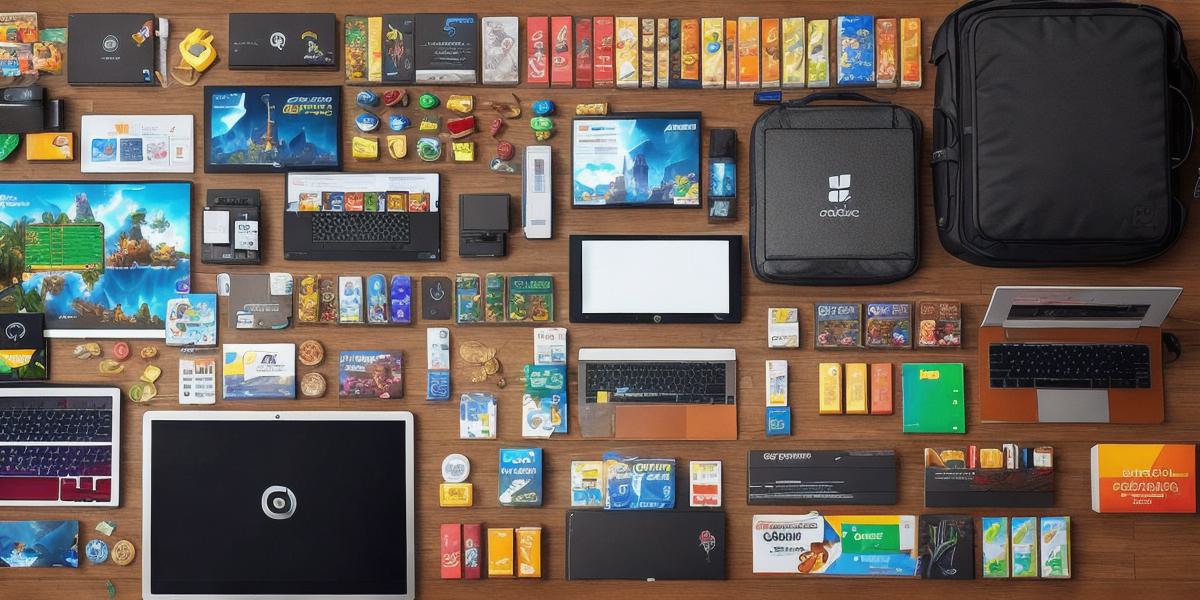Game development has become an increasingly popular field, with more and more people entering this line of work each year. While many games are developed purely for entertainment purposes, others are created as a way to generate revenue. In this article, we will explore the various ways that game developers can monetize their creations and discuss some case studies and personal experiences to give you an insight into how they make money.

One of the most common ways that game developers make money is through the sale of in-game items or currency. These can include virtual currency, items such as weapons or armor, and other types of content that can be purchased within the game. For example, a popular multiplayer game like Minecraft generates much of its revenue from the sale of items such as enchantments and potions that players can purchase to enhance their gaming experience.
Another way that game developers make money is through advertising. This can include display ads within the game or on the game’s website, as well as sponsored content. For example, a sports game might partner with a major energy drink company to create a special in-game item that represents that brand.
Subscriptions are another way that game developers can generate revenue. Many games offer monthly or annual subscriptions that grant players access to exclusive content and perks. For example, a massively multiplayer online role-playing game (MMORPG) might offer a monthly subscription that grants players access to special quests, items, and events that are not available to non-subscribers.
Freemium is another monetization strategy that game developers often use. In this model, the base version of the game is free to download and play, but additional content or features can be purchased for a fee. This approach can be particularly effective for mobile games, where many players are more likely to make in-app purchases than they would be to buy a full game upfront.
Finally, game developers can also generate revenue through licensing their creations to other companies. For example, a game developer might create a virtual reality (VR) experience and then license it to a theme park or entertainment venue to use as an attraction. Alternatively, they might create a game engine that is used by other game developers to build their own games.
In conclusion, there are many ways that game developers can monetize their creations. Whether it’s through the sale of in-game items, advertising, subscriptions, freemium, or licensing, these strategies can help game developers generate revenue and make a living from their work. So if you’re thinking of entering this field, be sure to consider the monetization options available to you and choose the strategy that best suits your needs and goals.



